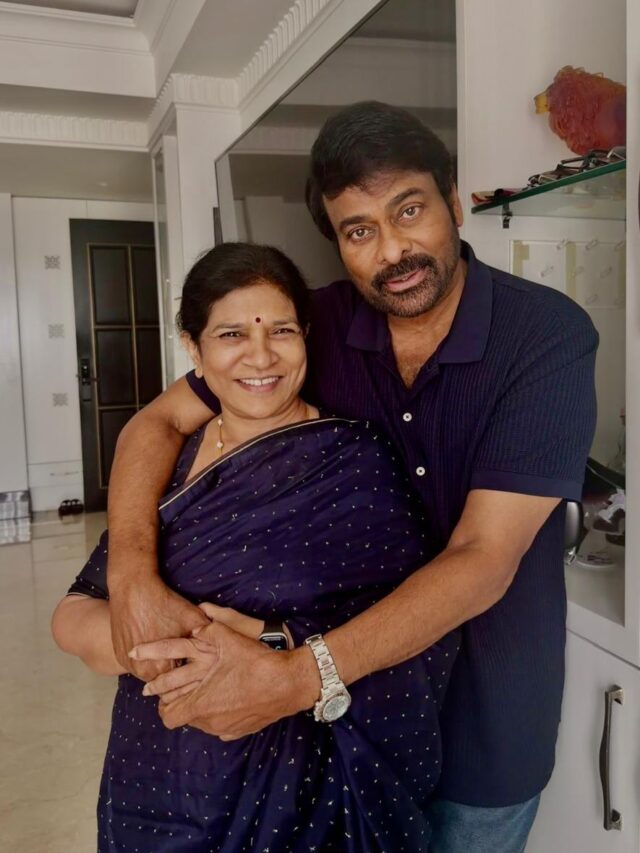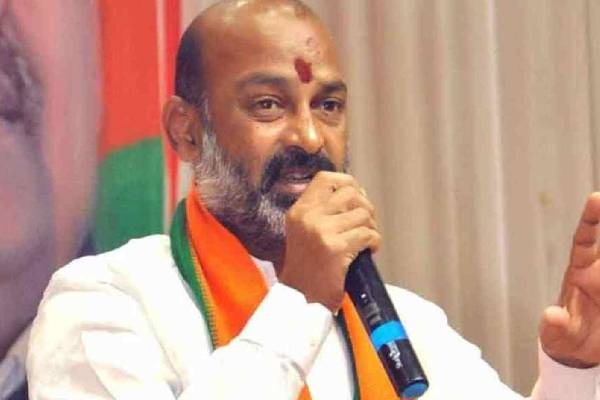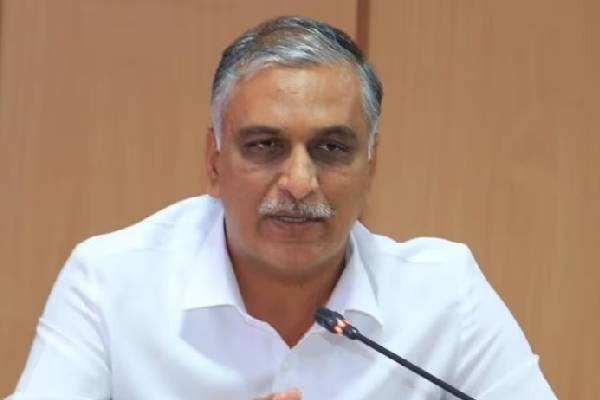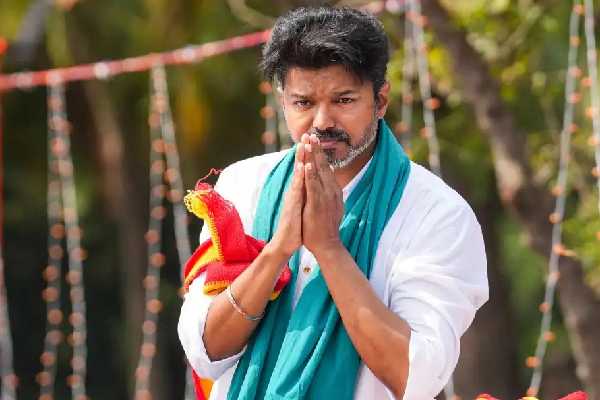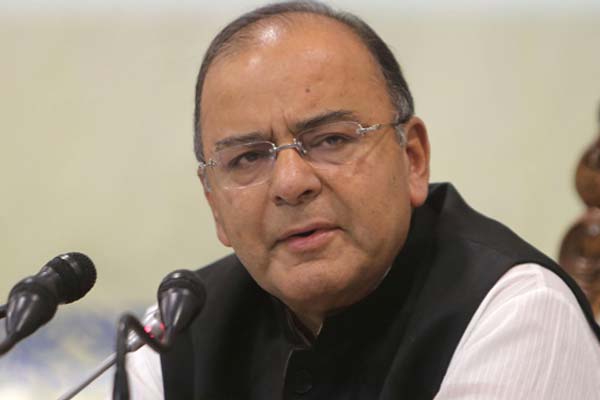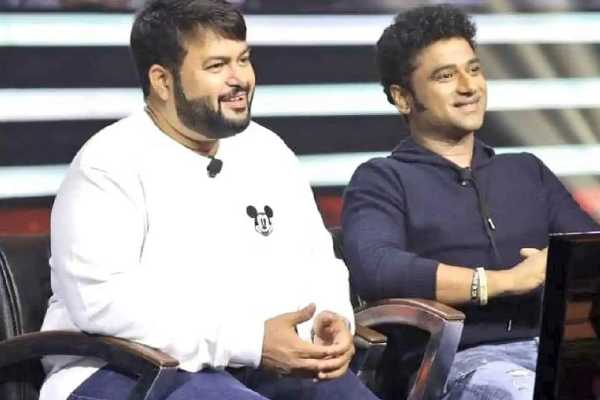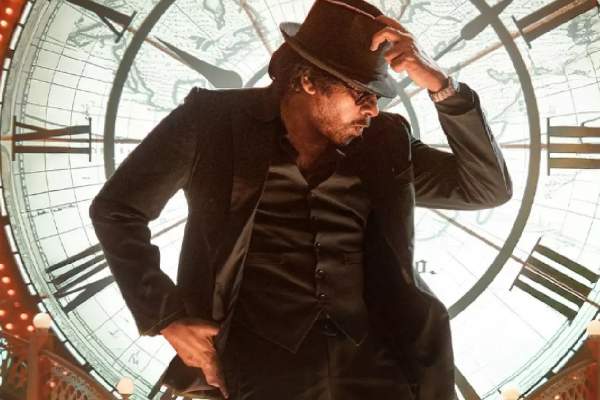The deadlock in Parliament since last three weeks, over the issue of demonetization, is seems to be extending to Goods and Services Tax (GST) Council too, as both the government and opposition failing to find a meeting point. The fresh controversy started between them over the dual control of assesses and payment of compensation.
As the last week’s two-day Council meeting they failed to find a solution, have decided to meet again on December 11 and 12. Unless all states fails to come to an understanding, this is bound to hamper Finance Minister Arun Jaitley’s attempts to introduce supporting GST laws in the ongoing winter session of the Parliament, to that to implement GST from April 1, 2017.
However, Jaitley putting a `brave face’ expressing confidence of reaching a consensus between the states and the Centre and said he had a game plan for getting legislative nod for the GST law. He politely appealed to the states not to be divided on the party lines on the crucial issue like GST. But, Kerala Finance Minister Thomas Isaac said the chances of reaching a consensus were remote.
The crux of the problem arising as the states are demanding exclusive control over traders with an annual revenue of less than Rs 1.5 crore, the Centre insisted on having a share even in that. The states also seeking introduce into the Centre’s authority by seeking some control on services.
Another issue of contention rose suddenly following demonetization with regard to compensation. Almost all the states demanding that they be paid for the losses incurred due to demonetisation along with the losses on GST implementation. This would be a severe burden for the central government.
However, Thomas Isaac felt the law was unlikely to go to Parliament this session adding that the states were likely to lose 30% to 40% revenue due to demonetisation. “Today there is money but no currency; but come January, there will be currency but no money with the states to pay their bills,” he added.













